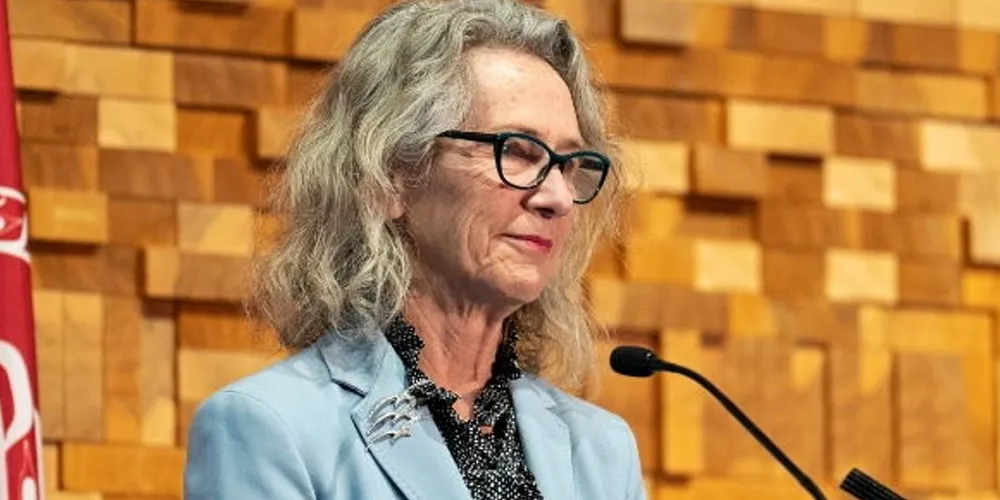Canada fisheries minister delays release of draft salmon farming transition plan until after summer
With the economic vitality of entire coastal communities on the line, Joyce Murray has remained quiet about her plans for a netpen transition in British Columbia.
